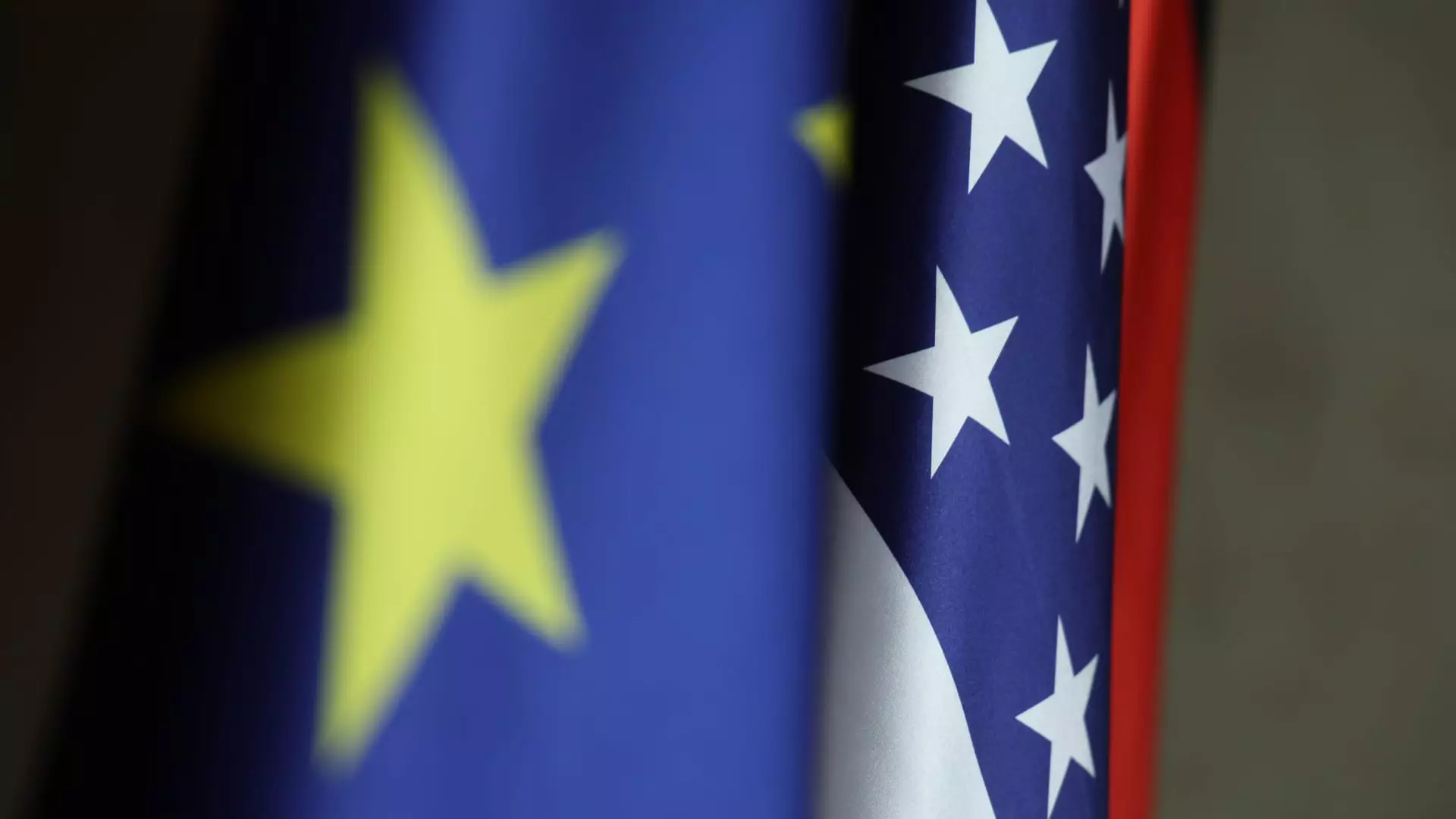In the whirlwind of international diplomacy, deadlines are often heralded as decisive, game-changing moments that will shape economic and political landscapes for years to come. Yet, these so-called “critical dates” frequently reveal themselves as more symbolic than substantive. Take July 9th, a date buzzed about in media circuits because it ostensibly marks a pivotal point in U.S.-EU trade negotiations. But past experience suggests that such deadlines are, more often than not, manufactured tools to generate media buzz rather than genuine markers of change. President Trump’s penchant for shifting deadlines further diminishes their credibility, making them unreliable compass points in the complicated realm of global trade. These deadlines are often used as pressure tactics, yet the underlying issues—geopolitical tensions, protectionist instincts, and sectoral loyalties—rarely resolve within a fixed timeframe. Instead, they serve as rhetorical devices to justify political stances or to marshal public opinion, not ultimate solutions.
The Fragility of Trade Agreements and the Specter of Tariffs
The EU’s cautious optimism about reaching an “agreement in principle” reflects the fragile nature of modern trade diplomacy. While negotiations aim to produce tangible results, the reality is that these talks are often protracted, punctuated by reiterations of mutual distrust and domestic political constraints. The specter of tariffs remains a persistent threat—an economic sword dangling over the heads of industries on both sides. The EU’s focus on a “bare-bones” deal underscores its strategic aim to maintain some level of economic cohesion without caving into overly ambitious commitments that could threaten their core industries. It’s a game of brinkmanship, but one that often leads to temporary compromises rather than genuine resolutions. The upcoming meetings of European finance ministers could either reveal a spark of cooperation or cement the status quo of deferred promises. The core issue remains: the need for genuine policy reforms that transcend superficial negotiations and address the root economic disparities fueling these disputes.
The OPEC Circus: Power Plays and Economic Uncertainty
Meanwhile, in the world of energy geopolitics, the OPEC seminar exemplifies the spectacle of elite diplomacy. Once a straightforward cartel aiming to control crude prices, OPEC has metamorphosed into a theatrical stage where energy giants and national interests clash openly. The upcoming conference at Vienna’s Hofburg Palace promises drama—an arena where powerful CEOs and ministers send mixed signals about future crude output. The anticipated production hike hints at a recognition of market volatility, yet the real story is the chess game behind the scenes. OPEC’s decisions carry immense sway over the global economy, but their transparency is questionable, and their ability to stabilize prices remains under threat from geopolitical tensions and domestic pressures. Behind the scenes, whispers of mergers, takeovers, and corporate strategy add an extra layer of intrigue, illustrating how economic decisions are increasingly political acts. This spectacle, far removed from the days of straightforward commodity trading, reveals the complex web of interests that shape our energy future—an arena where diplomacy and commerce are intertwined in a high-stakes dance that too often lacks sincerity.
The recurring theme across these global events is the elevated importance placed on deadlines—rituals that promise clarity but often deliver ambiguity. In an unpredictable world, these moments serve more as rallying points for political posturing than genuine turning points. They reflect an underlying truth: international negotiations and economic decisions are rarely linear or neat. Instead, they exemplify how the illusion of decisive moments is leveraged to mask deeper uncertainties and unresolved conflicts. For those observing from afar, it is crucial to remain skeptical of the stories that deadlines tell us—they are often the opening act in a much longer, more complex narrative that defies simple resolution.


Leave a Reply